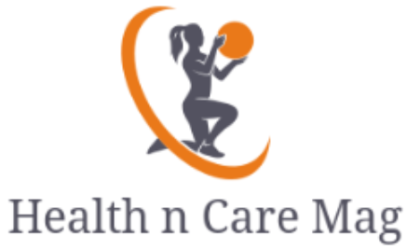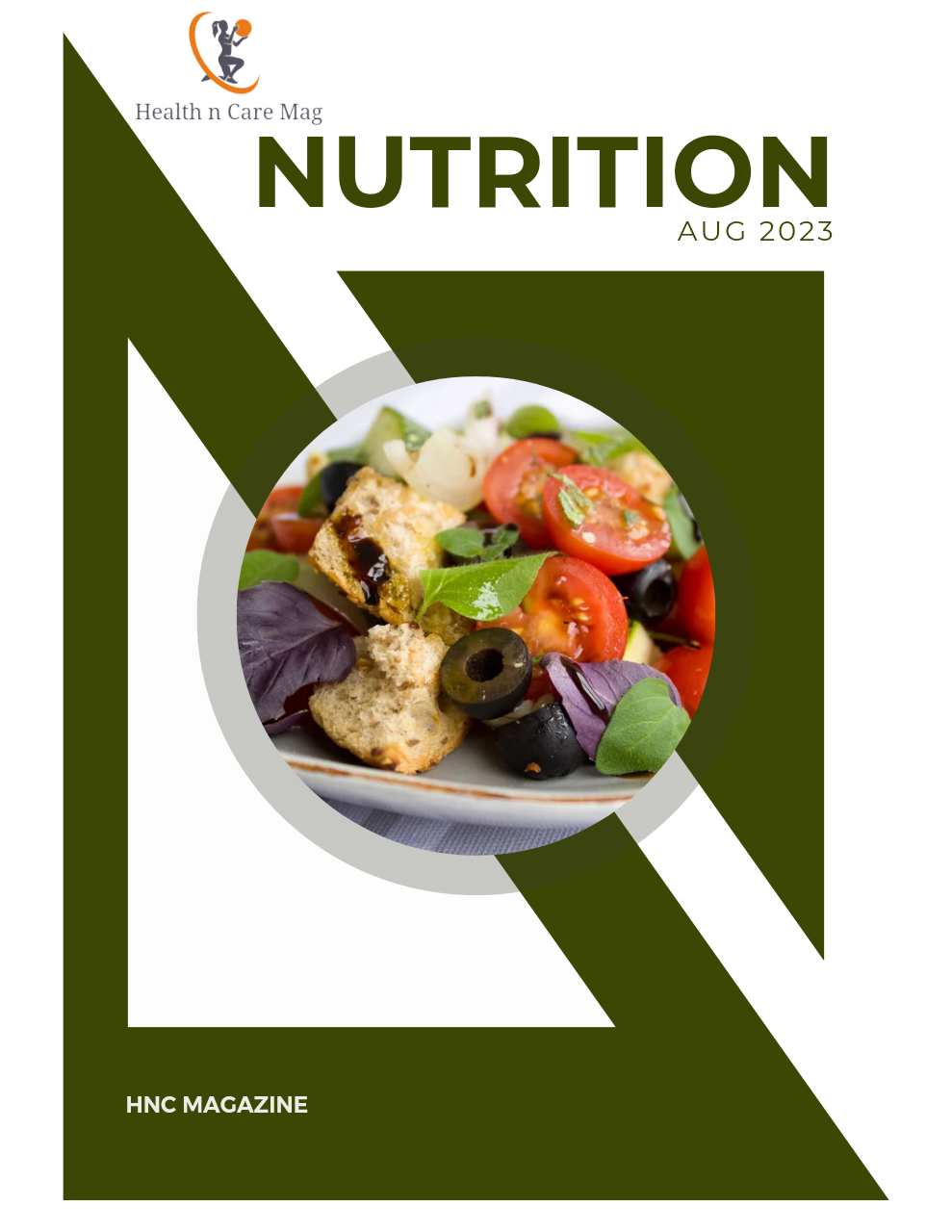Identifying And Learning Alcohol Dependence
Based on surveys, around 12 percent of Us citizens experienced alcohol dependence at some point in their life. In a strict definition, dependency to alcohol is not synonymous with alcohol abuse even though many people assume they’re similar or collectively are referred to as alcohol addiction. According to the Diagnostic and Statistical Manual of Mental Disorders 4th edition (DSM-IV-TR), people are diagnosed with alcohol reliance if they manifested at least three of the following criteria:
Tolerance – Individuals consume alcohol mainly because of a variety of reasons or to attain a certain effect. However with tolerance, they must increase the amount of alcohol they consume to achieve the same effect as time goes by.
Withdrawal Symptoms – When alcohol dependent individuals stop alcohol consumption, they start to manifest signs of withdrawal such as agitation, delirium, catatonia, and hallucinations.
Persistent Consumption – Alcohol dependents have a hard time to lessen the frequency and quantity of alcohol they drink. Efforts to reduce alcohol consumption usually fail.
They Can’t Get Enough – In their mind, they only intend to ingest a modest amount of alcohol, but they always wind up drinking more than what they plan or promise to consume
Always Seeks for Alcohol – They spend a large amount of time just to get an alcohol drink and get any chance to drink.
Social Withdrawal – They gradually give up those things they previously enjoyed and spend more time at home or elsewhere they can drink. They also quit interacting with other people including their family and buddies except those people who drink with them.
Use Despite its Risk – Their addiction to alcohol can cause them lost their career, ruin their relationship, and put them in many financial and legal problems. Nonetheless, they still continue to consume alcohol despite its undesirable consequences.
Alcohol abuse simply implies that a person use alcohol in a dangerous way which can be medicated by brief intervention which includes education on the hazardous effect of excessive alcohol drinking. Alcohol dependence, on the other hand, is a worse condition and takes a more specialized treatment.
There are lots of tools used to screen individuals if they are dependent to alcohol or has risk to develop alcohol dependency as well as the degree of addiction. The most commonly used screening tool is the Alcohol Use Disorders Identification Test (AUDIT) which was developed by the World Health Organization (WHO) simply because it is deemed as the most precise tool.
Treatment methods for alcohol dependence include self-help group therapy, individual psychotherapy, and relapse prevention program. Most rehabilitation centers also utilized the Twelve Step Program which is a proven efficient way to get over from alcohol



